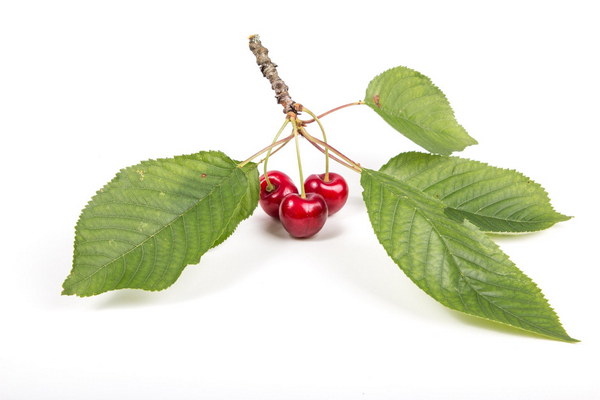Nourishing Yin and Clearing Lung Heat A Comprehensive Guide to Lung Health
In the realm of traditional Chinese medicine, maintaining a harmonious balance of the body's yin and yang is essential for overall well-being. One common ailment that can disrupt this balance is lung heat, which often manifests as respiratory discomfort and inflammation. The question often arises: Can nourishing yin and clearing lung heat alleviate these symptoms? This article delves into the intricacies of lung health, exploring the concept of yin and yang, and offering insights into how this ancient practice can promote respiratory wellness.
Understanding Yin and Yang in Traditional Chinese Medicine
Yin and yang are two fundamental forces that govern the natural world according to traditional Chinese medicine. Yin represents the cold, slow, and inward aspects of life, while yang embodies the hot, active, and outward qualities. In the context of lung health, a balanced yin and yang ensures optimal respiratory function.
When the lung yin is depleted, it can lead to an imbalance, allowing heat to accumulate in the lungs. This heat can manifest as symptoms such as cough, phlegm, fever, and sore throat. Nourishing yin and clearing lung heat, therefore, becomes crucial in restoring the body's equilibrium.

The Role of Nourishing Yin
To nourish yin, traditional Chinese medicine employs various methods, including herbal remedies, dietary adjustments, and lifestyle modifications. These practices aim to replenish the body's yin energy, thereby reducing heat and inflammation in the lungs.
Herbal Remedies
One of the most effective ways to nourish yin and clear lung heat is through the use of herbal remedies. Common herbs used in this process include:
1. Scrophularia (Scrophularia ningpoensis): This herb is known for its cooling properties, which help alleviate heat in the lungs and soothe inflammation.
2. Licorice (Glycyrrhiza uralensis): As a harmonizing herb, licorice can help mitigate the side effects of other herbs and enhance their effectiveness.
3. Peony (Paeonia lactiflora): This herb is known for its cooling and soothing properties, making it an excellent choice for alleviating respiratory discomfort.
Dietary Adjustments
Incorporating yin-nourishing foods into your diet can also help maintain lung health. These foods typically include:
1. Cooling fruits and vegetables: Watermelon, cucumbers, and peaches are all excellent choices, as they help reduce heat in the body.
2. Nourishing soups: Chicken or pork soups with the addition of ingredients like goji berries, astragalus, and dates can provide yin nourishment.
3. Tea: Green tea, white tea, and oolong tea are all suitable options, as they help cool the body and improve lung function.
Lifestyle Modifications
Adopting certain lifestyle habits can also aid in nourishing yin and clearing lung heat. These include:
1. Adequate sleep: Ensuring you get enough rest can help your body repair itself and maintain a healthy balance of yin and yang.
2. Avoiding environmental irritants: Smoking, air pollution, and dust can exacerbate lung heat, so it's important to minimize exposure to these irritants.
3. Regular exercise: Engaging in moderate physical activity can boost your immune system and improve lung function.
Can Nourishing Yin and Clearing Lung Heat Alleviate Symptoms?
While there is limited scientific evidence to support the efficacy of traditional Chinese medicine practices, many individuals have found relief from respiratory symptoms by following these yin-nourishing and heat-clearing methods.
In conclusion, nourishing yin and clearing lung heat are essential practices in maintaining lung health according to traditional Chinese medicine. By incorporating herbal remedies, dietary adjustments, and lifestyle modifications, you can help alleviate symptoms of lung heat and promote overall respiratory wellness. While more research is needed to fully understand the mechanisms behind these practices, the testimonials of countless individuals suggest that these ancient methods are indeed worth exploring for those seeking respiratory relief.









